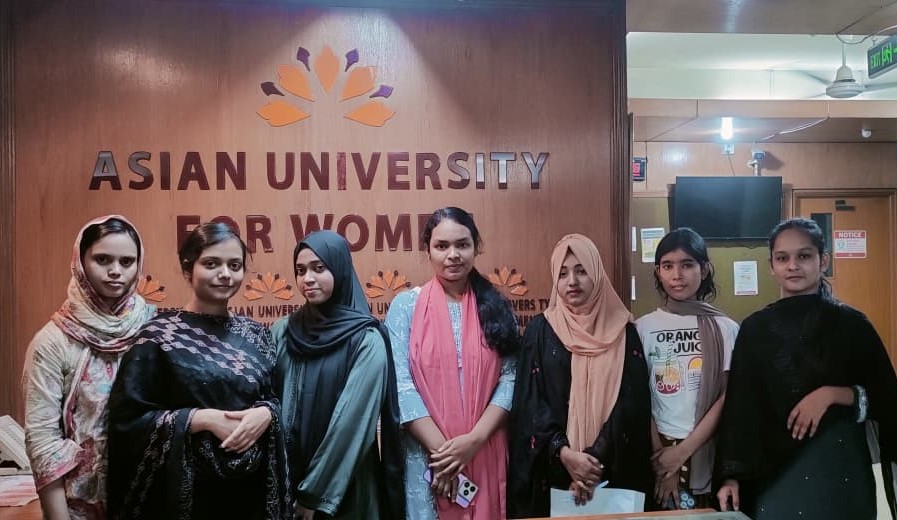In 2013 alone, a sum equivalent to $9.7 billion or Tk. 750 billion reportedly had flown out of the country through illegal means.
The flight of capital out of the country has been hitting the newspaper headlines for the past few years, courtesy of the Global Financial Integrity (GFI), a Washington-based organization that rigorously tries to track illicit fund flow from one country to another. However, the increased interest of the media has not been without any reason. The size of the fund going out of the country has been on the rise in recent years.
In fact, the GFI estimate might appear incredible to many. In 2013 alone, a sum equivalent to $9.7 billion or Tk750 billion reportedly had flown out of the country through illegal means. The amount is equivalent to the size of the country’s revised development budget for the fiscal 2014-15.
In the past 10 years since 2004, an estimated $59 billion was taken out of the country using various illicit means. The amount is staggering one for it was enough to finance the country’s public sector development programs for more than five years.
Globally, there has been an uptrend in the flight of illicit funds in recent years. But the rise as far as Bangladesh, a country that faces scarcity of funds to develop its key infrastructures, is concerned is substantial.
One may feel tempted to know how and why so much of our resources are being taken out of the country.
According to the GFI, most part of the illicit capital flight takes place through trade miss-invoicing and transfer of hot money. In the case of Bangladesh, the unholy practice does play a dominant role. Over-invoicing in imports, particularly for capital machinery imports, has been rampant. During the last few years, though import of most goods was lower compared to that of previous years, the import of capital machinery recorded a noticeable rise, that too in a subdued investment environment.
The leakage in the balance of payments (BoP) and unreported remittances are two other major areas of capital flight. A large amount shown under the ‘error and omissions’ head in the BoP is a pointer to that fact. Both in the case of outflow and inflow of remittances, a substantial amount remains unreported. A section of unscrupulous exporters do not bring home the entire amount of export proceeds. The government allows the exporters to keep a small part outside the country for market promotion. But they usually hold more than that. That is how a good number of them have become owners of homes and other properties abroad.
Due to the non-availability of adequate number of skilled hands in Information Technology (IT) and some key industrial sectors, a good number of foreign workers, both legal and illegal, have been employed. These workers, particularly those coming from neighboring India, have been remitting a substantial amount every year. India alone gets nearly $4.0 billion a year. A large part of this outward remittance remains unreported.
The rise in the volume of illicit fund transfer from the country means that the earning of tainted money has gone up in recent years. The scope, it seems, has widened to accrue illicit funds through willful default on repayments of bank loans, corruption in tax administration, tax evasion, stock exchange manipulation, leakages in public development expenditure, illegal financial deals etc.
Nobody knows for sure the size of the fund being accumulated every year through illicit means. But it is thought to be very large. Nevertheless the question is: Why do the accumulators take most part of such funds out of the country when lax enforcement of relevant laws and rules concerned makes investment of the same rather easy? In this country no one feels the urgency of knowing the source/s of large incomes.
It could be that these people are taking out the ill-gotten funds on real or perceived grounds. They may not have enough confidence in the economic growth prospects of the country or they do not want to take any chance as far as their funds are concerned. There exist both optimism and pessimism about the country’s prospects, economic or otherwise. Some feel that the future of the country, for reasons best known to them, is doomed. But the vast majority does have faith in the future of the country. However, a section of people belonging to both pessimistic and optimistic groups is involved in the transfer of illicit funds.
The policymakers concerned cannot remain mute spectators as far as the ongoing developments over illicit fund transfer are concerned. They must locate the actual reasons for near stagnant situation in domestic investment and address the same effectively. In addition to that they should devise means to reduce the extent of capital transfer through various means, including transfer pricing by the multinational corporations (MNCs).
There is no denying it is hard to stop fully the flight of capital in a world which has become smaller, mainly due to information technology. But there has to be enough preventive measures in this area.
However, it becomes difficult to stop the menace if the unscrupulous section of policy and decision makers in the government takes recourse to illegal fund transfer. From time to time, such allegations have cropped up.
The reasons for the rise in financial crimes in the country are many. But the key factor remains to be the malfunctioning national institutions. The regulators operating in various areas of the national life have not been working in line with their avowed objectives.
The Anti-Corruption Commission (ACC) in particular is supposed to play a very important role in combating the financial crimes. But it has disappointed the people in general. After a long delay, the ACC came into being in 2004 following intense pressure exerted by the multilateral donor agencies. But it has failed utterly to show its teeth for understandable reasons. Most people have developed a notion that like most other national institutions, the ACC would continue to operate under the influence of some ‘invisible’ force.
The writer is a senior journalist. He can be reached at zahidmar10@gmail.com















